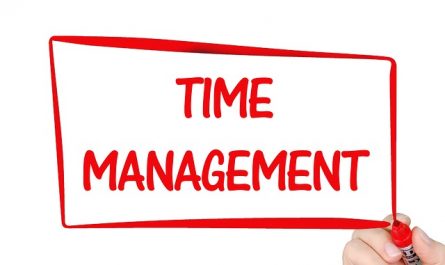
As the news and social media does its utmost to get you into a worrying state, your first step is to abandon as much of those sources as you can. Constant worrying can have devastating effects on your mind and body, leading into such things as anxiety, depression and physical pain.
We will go through 7 brilliant techniques to alleviate that, “worry about everything mode”, cycle you go into. Having a journal to write things down will be very helpful. You can use the journal as a personal workbook or purchase a “stop worrying workbook,” that takes you through a number of exercises. The main idea is to take action and control of your life.
- Kids ask millions of questions. That is how they learn. You need to ask yourself questions in order to learn why you worry and where it comes from. In many cases people worry about things that never come true but they manage to build it up into a crippling thought process. For example, worrying about a loved one cheating. You need to write down why you think that may be happening. Then ask yourself what proof do you have and is there an issue from past years or significant others, that may lead you to worry about your current partner? It is highly likely that after going through this process, you will find that your brain has convinced you about something that is most likely false. Finally come up with answers as to how you can get your negative mind to act and talk in a more positive way.
- Along with getting your brain to back away from negative thinking, you can use rehearsal thinking to assist it. In the case described above, rehearse treating your significant other with love and compassion. When this happens and you put it into action, your significant other will respond in a similar manner. Anything that worries you, such as talking to your boss, giving presentations, can be rehearsed with you as the director of your inner play. Each time you rehearse, it becomes easier to do it in reality without frequent worry.
- Similar to rehearsal is the idea of using coping images. In this case you see the issue in your mind clearly, as if you are watching it on a movie screen. Watch how your presentation or important phone call, falls completely apart. Now redo the image showing you rising up and coming through with an amazing comeback. Athletes use this similar technique to help them when they get knocked down, so they can bounce right back.
- Looking ahead and worrying about “possible negative events,” adds a lot of unnecessary stress to your life. The Roman philosopher Seneca, covered it best with his quote,
“A man who suffers before it is necessary, suffers more than is necessary.”
You need to live and think in the present, more than the future. For example many people worry about natural disasters occurring, such as the Super Volcano in Yellowstone Park that is overdue for an eruption. They fail to remember that they have zero control over this and there is no exact date possible for the eruption. Staying in the present and working on what you can control, will help to control worry patterns. - The moment you start to worry, tell yourself to stop. Then ask a very pertinent question such as, “How is this worrying going to help? Will it solve the problem for me quickly?” Your answer will be a resounding “No”, and then you can take positive and immediate action on the situation.
- Have you ever heard the term, “waffling?” It means going back and forth over a decision and worrying about various outcomes. Eliminating worry will help with your mental and physical outlook, so it is now time to take control. Think constructively about a situation and then make a firm decision. Know that if the outcome is not what you wanted, you can shift course and overcome roadblocks.
- Eliminate worrying about what others think of you. Their opinion doesn’t matter. What truly matters is that you are living your life based on good honest values and beliefs. No matter what you do, there will always be someone talking negatively. Using book publishing as an example, perhaps you want to try your hand at self-publishing. You get started and stop, because you are worrying about how your book will do and will there be mean reviews? The truth of the matter is, even if you are a bestselling author, you will always get a decent amount of bad reviews and negative comments. That won’t stop you anymore, because you are going to rise above it and stop worrying.





